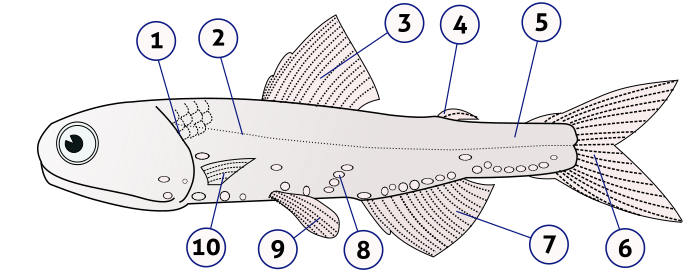
Get a look at this item from The Scientist :
For decades, researchers and marine fisheries managers have considered the adipose fin—a small protuberance between the dorsal and tail fins—a vestigial organ, a relic of a bygone evolutionary era. But a study published today (March 5) in the Proceedings of the Royal Society B shows that bony versions of these structures have evolved independently and from more than one ancestor, suggesting that the adipose fin could play a subtle, yet vital, as-yet unidentified role in fish.
Then there’s “Elephant’s extra “toe”: Another “vestigial organ” bites the dust – in this case, literally
and
Your appendix: The king of vestigial organs has a job again
Is the term retained so people can attract attention to a new article by pointing out that such and so was thought to be vestigial but really isn’t? Or is the term itself a vestige of Darwinism? Perhaps it is itself the only example of the idea?
Follow UD News at Twitter!
Hatchery salmon have their adipose fin clipped off(under sedation), to distinguish them from wild salmon, who are protected. If the fin is not vestigial, maybe this isn’t such a good idea: